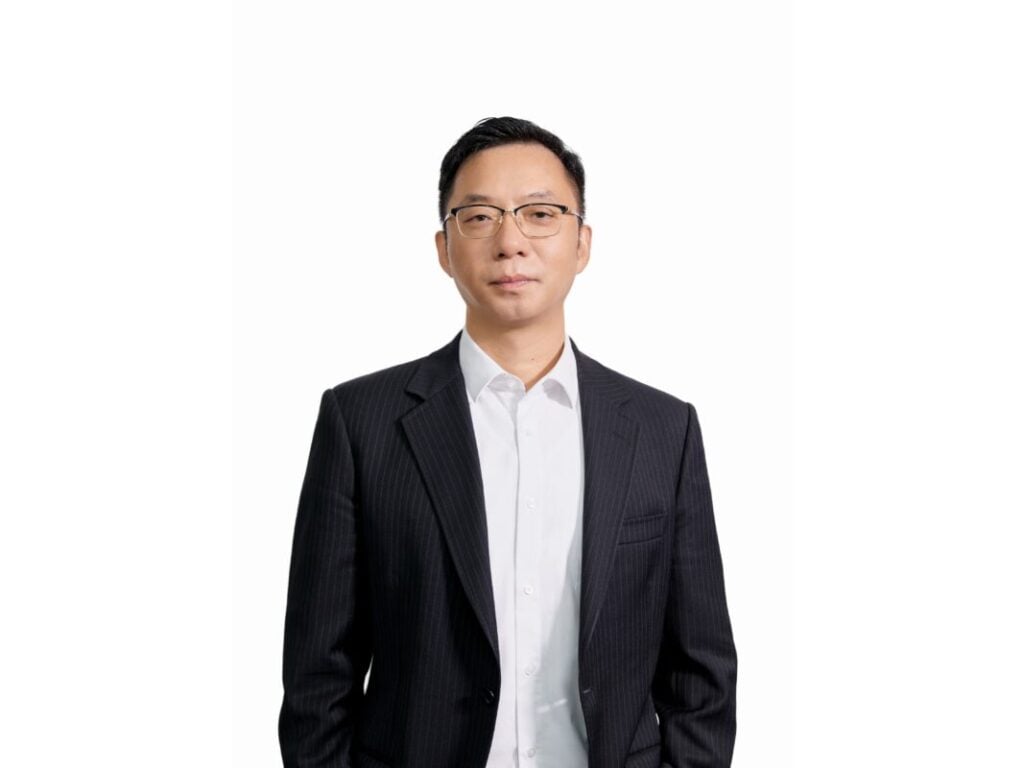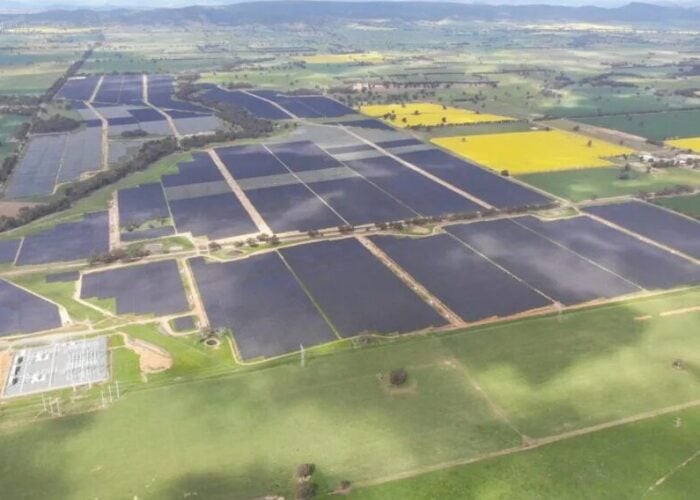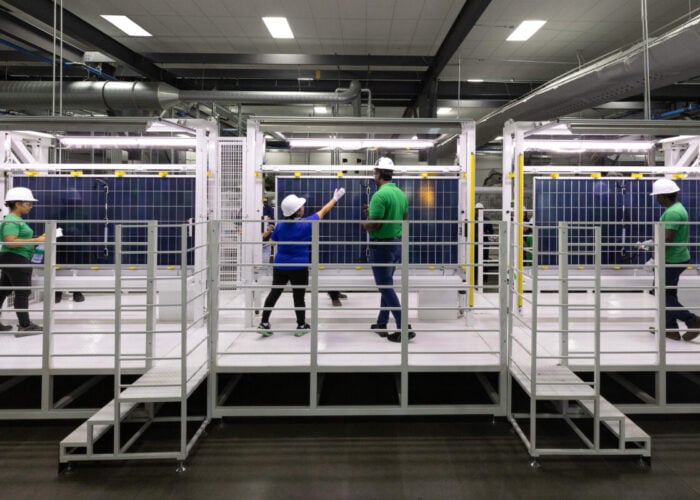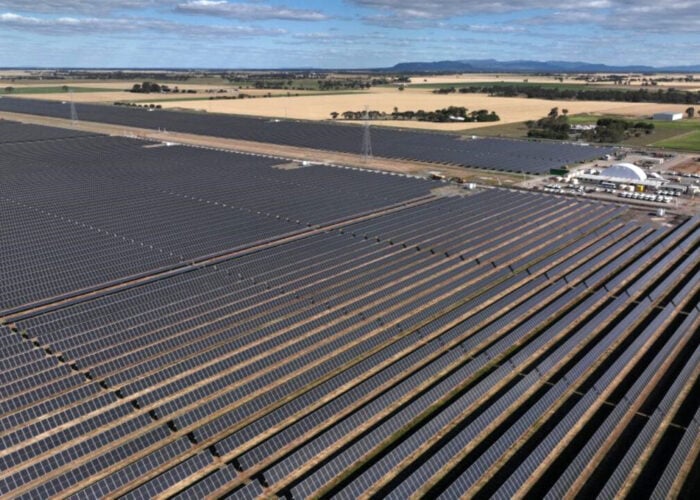
The last 12 months have seen Tongwei Solar reach a number of milestones, including the launch of a new module series and the commissioning of a global research and development (R&D) centre. This all took place amid an environment that Qiu Xin, the company’s general manager of PV business, said has been struck by “mismatches” and “changes in macroeconomic policies”. As the year comes to an end, PV Tech speaks to Xin about the company’s performance in 2024, and its plans for 2025.
PV Tech: In both your own business and the wider market, what were the biggest highlights or milestones of 2024 and why?
Try Premium for just $1
- Full premium access for the first month at only $1
- Converts to an annual rate after 30 days unless cancelled
- Cancel anytime during the trial period
Premium Benefits
- Expert industry analysis and interviews
- Digital access to PV Tech Power journal
- Exclusive event discounts
Or get the full Premium subscription right away
Or continue reading this article for free
Qiu Xin: For Tongwei Solar, in 2024, we have committed to steady development amid challenges, and have made significant breakthroughs in multiple key areas, such as R&D and innovation, international market expansion, brand building and sustainable development. First of all, Tongwei Solar’s Global Innovation R&D Center was officially put into use, featuring the largest workshop area, the highest pilot capacity and huge room for upgrading.
At the product end, we launched the TNC-G12/G12R series and quickly promoted them globally, realising the first n-type 210 large-size module project in Europe. Two years after officially entering the module segment, we have expanded our business network in mainstream markets around the world. This year, Tongwei Solar’s European Marketing Center was officially opened, which accelerated our strategic planning in the European market and localisation of our business overseas.
Again, both in your own business and wider industry, what were the biggest hurdles or challenges in 2024 and why?
The main challenges in 2024 stem from intensified market competition and industry chain adjustments. First of all, over the past few years, the PV industry has experienced rapid growth, with capacity expanding at an accelerated pace. However, the pace of demand growth and capacity release has been out of sync, leading to periodic supply-demand mismatches in some markets.
Consequently, the PV industry chain has undergone a profound adjustment. While the adjustment has put some companies under pressure, it has also led the industry to focus on optimising capacity structure for technology innovation and quality improvement.
In addition, this year we have also seen changes in macroeconomic policies in some countries and regions. Frequent changes in PV policies and import-export requirements have prompted enterprises to gain an in-depth understanding of the ‘rules’ and respond to uncertainties of the external environment with a flexible attitude in their venture to go overseas. All these have also made it more difficult for the PV industry to globalise.
Looking ahead to 2025, what do you foresee as the biggest opportunities and challenges, both for your own organisation and the wider market and why?
Looking ahead to 2025, I believe that Tongwei Solar and the entire PV industry are facing unprecedented opportunities. The profound transformation of the global energy structure has brought about an upgrade in demand, and technology progress has boosted more widespread PV installations.
Based on the observations and analysis of key global markets, we expect that the new PV installations globally to grow by about 10% in 2025, with module demand expected to reach 650-680GW.
The continuous decline in the cost of PV power generation systems allows us to see the potential for the rise of a wide range of emerging markets beyond the traditional PV markets (led mainly by developed countries and regions such as Europe, America, Japan, South Korea, Australia, the Middle East, Central Asia, South Asia and Africa), which are expected to be new engines of industry growth.
In terms of module technology, n-type has become the market mainstream. Technology upgrades will continue to provide momentum for cost reduction and efficiency enhancement, opening up more application markets. In 2025, we will also keep up with the changes in market demand and bring the benefits of technology innovation and development to end customers.
In addition, market competition will not only solely focus on capacity, but also on technology, quality and service. This means that companies will need to find a balance between cost and quality.
Globalisation is getting more complex, encompassing both the macroeconomic policies mentioned earlier and localisation challenges that will be emerged in developing emerging markets. As we have seen in 2024, the uncertainty brought about by policy changes is likely to continue into 2025.
Changes in geopolitical crises, trade frictions and clean energy transition policy may complicate the way of clean energy development both locally and globally. This has posed stricter requirements on corporate strategy planning and operation flexibility.
What would be the single most important thing that could happen in 2025 that would advance either your own organisation or the wider market, or both?
As the global energy transition deepens, it is noted that the customers are not only concerned about their product efficiency, but also about the long-term power generation benefits associated with product performance and reliability. It can be said that technology innovation is the ‘core driving force’ for companies to gain an advantage, and high-quality products are the ‘key bargaining chips’ in market competition.
This requires companies to focus on technology R&D and innovation in product design, development and production, while also strictly controlling the material selection and combination, and the entire manufacturing and testing process. Companies must truly provide customers with solutions offering lifecycle benefits for the customer.






